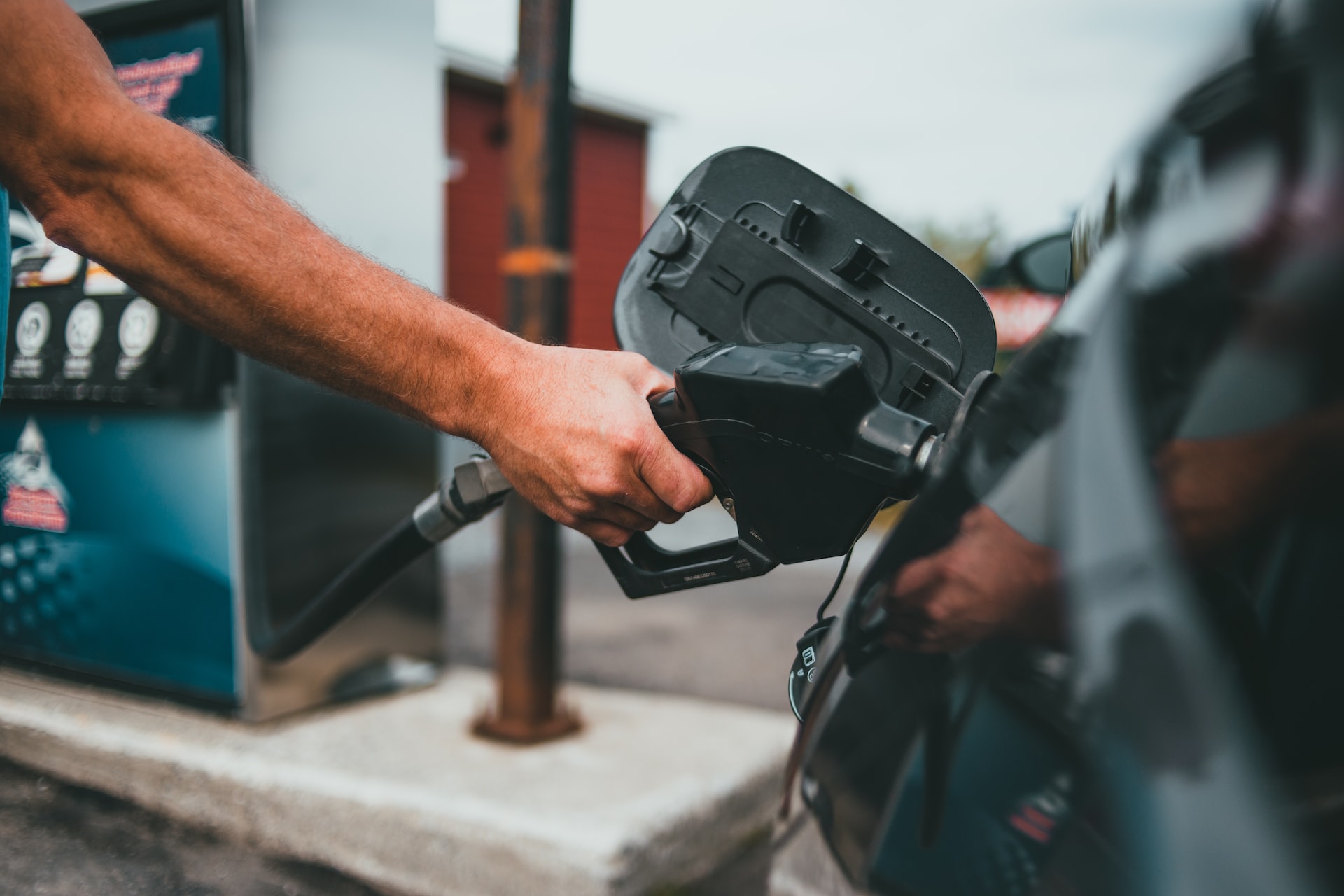Introduction
Gas mileage is a crucial aspect of vehicle ownership. Not only does it impact the environment, but it also affects your wallet every time you visit the pump. With fuel prices consistently on the rise, it’s essential to find ways to get better gas mileage. Improving your vehicle’s fuel efficiency is easier than you might think. Simple changes in driving habits and regular maintenance can go a long way in improving gas mileage. In this blog, we’ll go over the steps you can take to get the most out of your vehicle’s fuel.
How to Increase the Gas Mileage of your car
Changes in Driving Habits
One of the easiest ways to get better gas mileage is by changing your driving habits. Here are some tips to keep in mind:
Avoid Excessive Acceleration and Braking
Sudden acceleration and braking can lower gas mileage by up to 33% on the highway and 5% in the city. Instead, try to drive smoothly and gradually. Carrying extra weight can lower gas mileage, so try to keep your trunk light. Using cruise control helps you maintain a constant speed and can improve your gas mileage. By avoiding excessive acceleration and braking, keeping a constant speed, and avoiding overloading your vehicle, you can make a big difference in your gas mileage.
Keep a Constant Speed and Avoid Speeding
Maintaining a constant speed, especially on the highway, can improve gas mileage by as much as 14%. Additionally, speeding can decrease your fuel efficiency, so avoid driving over the speed limit. By following these tips, you can significantly improve your vehicle’s fuel efficiency and reduce your impact on the environment.
Regular Vehicle Maintenance
Regular maintenance of your vehicle is crucial in ensuring that it runs smoothly and efficiently. Here are some of the key things you should keep in mind to get better gas mileage:
Regular Tire Pressure Check
Tires that are under-inflated can lower gas mileage by as much as 0.3% for every 1 PSI drop in pressure. It’s essential to regularly check your tire pressure and inflate them to the recommended level.
Engine Tune-Up and Oil Change
A well-maintained engine can improve gas mileage by up to 4%. Regular tune-ups and oil changes help to keep your engine running smoothly and efficiently. Make sure to follow the manufacturer’s recommended maintenance schedule for your vehicle. A dirty air filter can reduce your gas mileage by up to 10%. Replacing a dirty air filter with a clean one can improve your vehicle’s performance and fuel efficiency.
Regular Check of Your Car’s Alignment and Suspension
A misaligned vehicle can reduce your gas mileage by up to 10%. Regular checks of your car’s alignment and suspension help to keep your vehicle running smoothly and efficiently.
Check Our Blog on Car Maintenance Tips
Check for Leaks
A leaky fuel system can reduce your gas mileage by up to 30%. Regular checks can help identify any leaks and prevent fuel from being wasted. It’s essential to remember that regular vehicle maintenance can save you money in the long run. By keeping your vehicle in top condition, you can avoid costly repairs and improve gas mileage.
In addition to these key areas, it’s important to keep an eye out for other potential issues that could impact your vehicle’s fuel efficiency. For example, a clogged catalytic converter can reduce your gas mileage by as much as 25%. Regular checks and routine maintenance can help to keep your vehicle running smoothly and efficiently.
Upgrades to Improve Gas Mileage
While changing your driving habits can have a significant impact on your gas mileage, there are also several upgrades you can make to your vehicle to improve its fuel efficiency. Here are some of the most effective options:
Installing a Fuel-Efficient Air Intake System
An air intake system can have a significant impact on your vehicle’s fuel efficiency. Installing a fuel-efficient air intake system can help increase the amount of air that gets into your engine, which can improve your gas mileage. One of the biggest factors that affect fuel efficiency is wind resistance. Installing aerodynamic devices, such as a spoiler or rear diffuser, can help reduce wind resistance and improve your gas mileage.
Upgrading Your Vehicle’s Suspension
A well-maintained suspension system can help improve your gas mileage by reducing friction between your tires and the road. Regularly checking your car’s alignment and suspension can help you ensure that your vehicle is running as efficiently as possible. Tires that have a low-rolling resistance can help reduce the amount of energy required to move your vehicle.
Adding a Lightweight Exhaust System
A lightweight exhaust system can help reduce the weight of your vehicle and improve its fuel efficiency. Additionally, a high-performance exhaust system can improve engine performance and help you get good mileage. Spark plugs play an important role too in your vehicle’s fuel efficiency. Replacing old or worn spark plugs with new, high-quality ones can help improve your gas mileage and reduce emissions.
Remember, the key to getting good mileage is to find the right balance between changes in driving habits and upgrades to your vehicle.
Conclusion
Getting better gas mileage is a goal that many vehicle owners strive for. Whether you’re looking to save money at the pump or reduce your impact on the environment, there are several steps you can take to improve your vehicle’s fuel efficiency. From changing your driving habits to making upgrades to your vehicle, the key to getting better gas mileage is finding the right balance between the two.
In conclusion, getting better gas mileage is an achievable goal. Whether you’re looking to save money or reduce your impact on the environment, there are several steps you can take to improve your vehicle’s fuel efficiency. I hope this blog answers your question how to increase gas mileage.
What is good gas mileage?
Good gas mileage can vary depending on a number of factors, including the type of vehicle, driving conditions, and driving habits. However, as a general rule of thumb, a fuel-efficient vehicle will get 25 miles per gallon (MPG) or higher on the highway and 20 MPG or higher in the city.
One good way to improve your gas mileage is to?
Reduce aerodynamic drag by keeping your car clean and well-maintained, remove any roof racks or cargo boxes when not in use, avoid excessive idling and speeding, and properly inflate your tires to the recommended pressure. Additionally, using a light foot on the accelerator and planning ahead for your stops and starts can also help improve your fuel efficiency.



